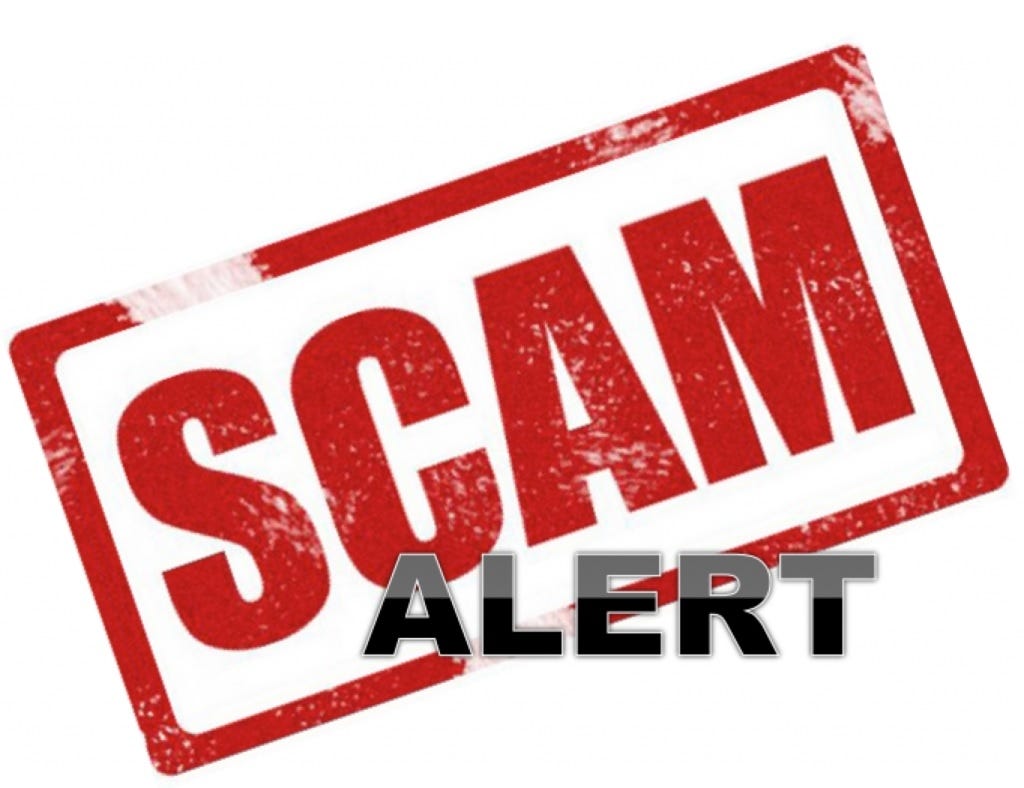
CRESTVIEW — The Crestview Police Department has received multiple calls from residents who have received phone calls purporting to be from a Gulf Power representative saying their payments to the electric utility are overdue. The callers often threaten to cut off the recipient’s power if payment is not immediately forthcoming.
One business owner has already fallen victim to the scam, Officer Cristina Dawson said. She did not state how much money the victim lost in the scam.
“People need to know Gulf Power isn’t going to phone them and demand immediate payment,” she said.
While many residents recognize this as a scam, some vulnerable residents, including the elderly and people whose first language is not English, may fall victim.
Calls reported to the Police Department include the caller demanding the resident purchase a prepaid credit card and then call back with the card number. The scammer then immediately drains the funds.
Crestview Police Dispatcher Petra Johnson-Luke said some callers to the Police Department have reported the scammer asks them to purchase their cards at Publix supermarkets.
“We never call and tell somebody we’re going to disconnect their service,” Gulf Power spokesman Rick DelaHaya said. “And we never ask people for a prepaid credit card. Customers that have a delinquent account will receive an advance notice of disconnection and it’s included with their monthly bill.”
With the spate of recent cold weather, the time is ripe for scammers to call, he said.
“It tends to happen during cold peaks, hot peaks and during the holidays,” DelaHaya said. “We’ve had the two biggest cold peaks we’ve had in the company’s history in January.”
DelaHaya said Gulf Power representatives always carry company identification badges when they come to a customer’s house, and most of those visits are service-related.
“We’ll never solicit personal information over the phone, and we’ll never send any type of email threatening to cut off their power, and above all, we will never send a representative to their house” to collect overdue payments, he said.
Scam phone calls to businesses often happen during a peak period, such a lunchtime for a restaurant, DelaHaya said, when the proprietor is busy and his attention is on serving his customers.
“They also tend to scam businesses whose owners’ first language isn’t English,” he said. “A lot of people fall prey to that.”
Gulf Power provides these indications of potential scam calls on its website:
• Threat to disconnect: Scammers may aggressively tell the customer his or her utility bill is past due and service will be disconnected if a payment is not made — usually within less than an hour.
• Request for immediate payment: Scammers may instruct the customer to purchase a prepaid card — widely available at retail stores — then call them back supposedly to make a bill payment to his or her utility company.
• Request for prepaid card: When the customer calls back, the caller asks the customer for the prepaid card’s number, which grants the scammer instant access to the card’s funds, and the victim’s money is gone.
Customers who suspect that they have been victims of fraud, or who feel threatened during contact with one of these scammers, should contact local law enforcement authorities.
Gulf Power offered these tips on how customers can protect themselves:
• If a customer receives a call stating their bill is delinquent and shut-off is imminent, hang up and call the Gulf Power customer service line stated on their utility bill.
• Never purchase a prepaid card to avoid service disconnection or shutoff. Legitimate utility companies do not specify how customers should make a bill payment and always offer a variety of ways to pay a bill, including accepting payments online, by phone, automatic bank draft, mail or in person.
• Sometimes scammers may appear at a residence in person. Be aware that Gulf Power representatives will never ask a customer for money or credit card information when they visit a residence or business.
• If someone threatens immediate disconnection of service, customers should hang up the phone, delete the email, or shut the door. Customers with delinquent accounts receive an advance disconnection notification, typically by mail and included with their regular monthly bill. Companies never send a single notification one hour or less before disconnection.
• If customers suspect someone is trying to scam them, they should hang up, delete the email, or shut the door. They should then call their utility company at the number on their monthly bill or the company’s website, not the phone number the scammer provides.
• If customers ever feel that they are in physical danger, call 911.
How customers can protect themselves
This article originally appeared on Crestview News Bulletin: Gulf Power scam returns to Crestview area
